Things To Avoid After Applying For A Home Loan
Once you’ve applied for a mortgage to buy a home, there are some key things to keep in mind. While it’s exciting to start thinking about moving in and decorating, be careful when it comes to making any big purchases. Here are a few things you may not realize you need to avoid after applying for your home loan.
Don't deposit large sums of cash.
Lenders need to source your money, and cash isn’t easily traceable. Before you deposit any amount of cash into your accounts, discuss the proper way to document your transactions with your loan officer.
Don't make any large purchases.
It’s not just home-related purchases that could disqualify you from your loan. Any large purchases can be red flags for lenders. People with new debt have higher debt-to-income ratios (how much debt you have compared to your monthly income). Since higher ratios make for riskier loans, borrowers may no longer qualify for their mortgages. Resist the temptation to make any large purchases, even for furniture or appliances.
Don't co-sign loans for anyone.
When you co-sign for a loan, you’re making yourself accountable for that loan’s success and repayment. With that obligation comes higher debt-to-income ratios as well. Even if you promise you won’t be the one making the payments, your lender will have to count the payments against you.
Don't switch bank accounts.
Lenders need to source and track your assets. That task is much easier when there’s consistency among your accounts. Before you transfer any money, speak with your loan officer.
Don't close any accounts.
Many buyers believe having less available credit makes them less risky and more likely to be approved. This isn’t true. A major component of your score is your length and depth of credit history (as opposed to just your payment history) and your total usage of credit as a percentage of available credit. Closing accounts has a negative impact on both of those aspects of your score.
In short, consult an expert.
To sum it up, be upfront about any changes when talking with your lender. Blips in income, assets, or credit should be reviewed and executed in a way that ensures your home loan can still be approved. If your job or employment status has changed recently, share that with your lender as well. Ultimately, it’s best to fully disclose and discuss your intentions with your loan officer before you do anything financial in nature.
Bottom line.
You want your home purchase to go as smoothly as possible. Remember, before you make any large purchases, move your money around, or make any major life changes, be sure to consult your lender – someone who’s qualified to explain how your financial decisions may impact your home loan.
CALL OR SEND AN EMAIL FOR A CONSULTATION
Contact Us Today
Meet Kayleigh Sellars
Born and raised in Columbia SC, I graduated from The University of South Carolina in 2014. Soon after graduating I started my banking career with a credit union. I was able to work my way up and by 2018 managed two markets.
I transitioned to a branch manager role at a large bank and redirected my focus to business and mortgage lending. I was able to see the positive financial impact a home refinance could make for a client and loved walking them through the process. Financial literacy and breaking the process down for my clients are things I’m passionate about.
My free time is spent hanging with my husband, Richard, and our Sheepadoodle, Tucker. Recently my Dad shared a story with me about when I was little and would want to play “mortgage lady”. Here we are now and I’m a mortgage lady! (I promise I wasn’t a weird kid).
803.665.5788

.png)
.png)

